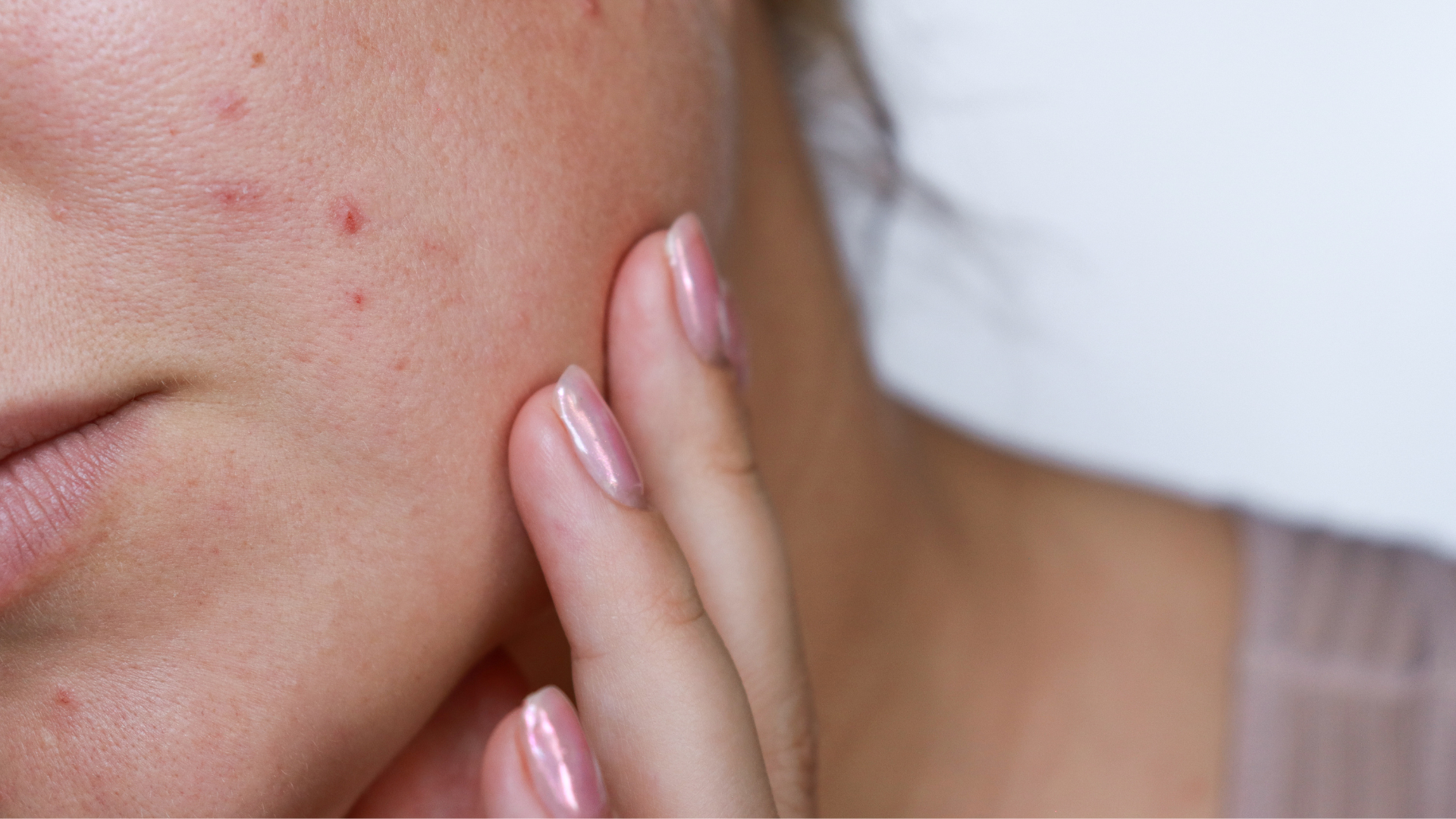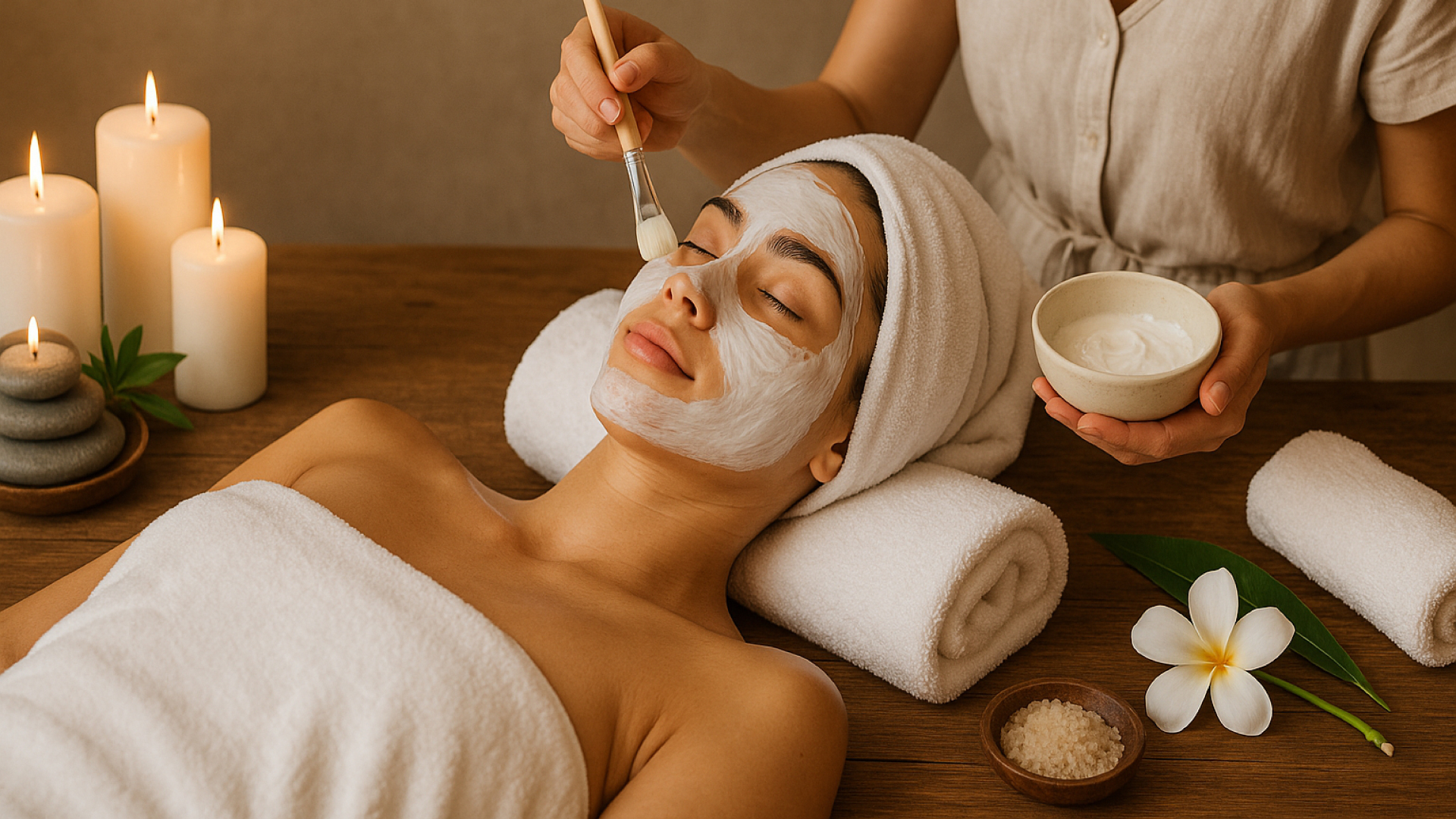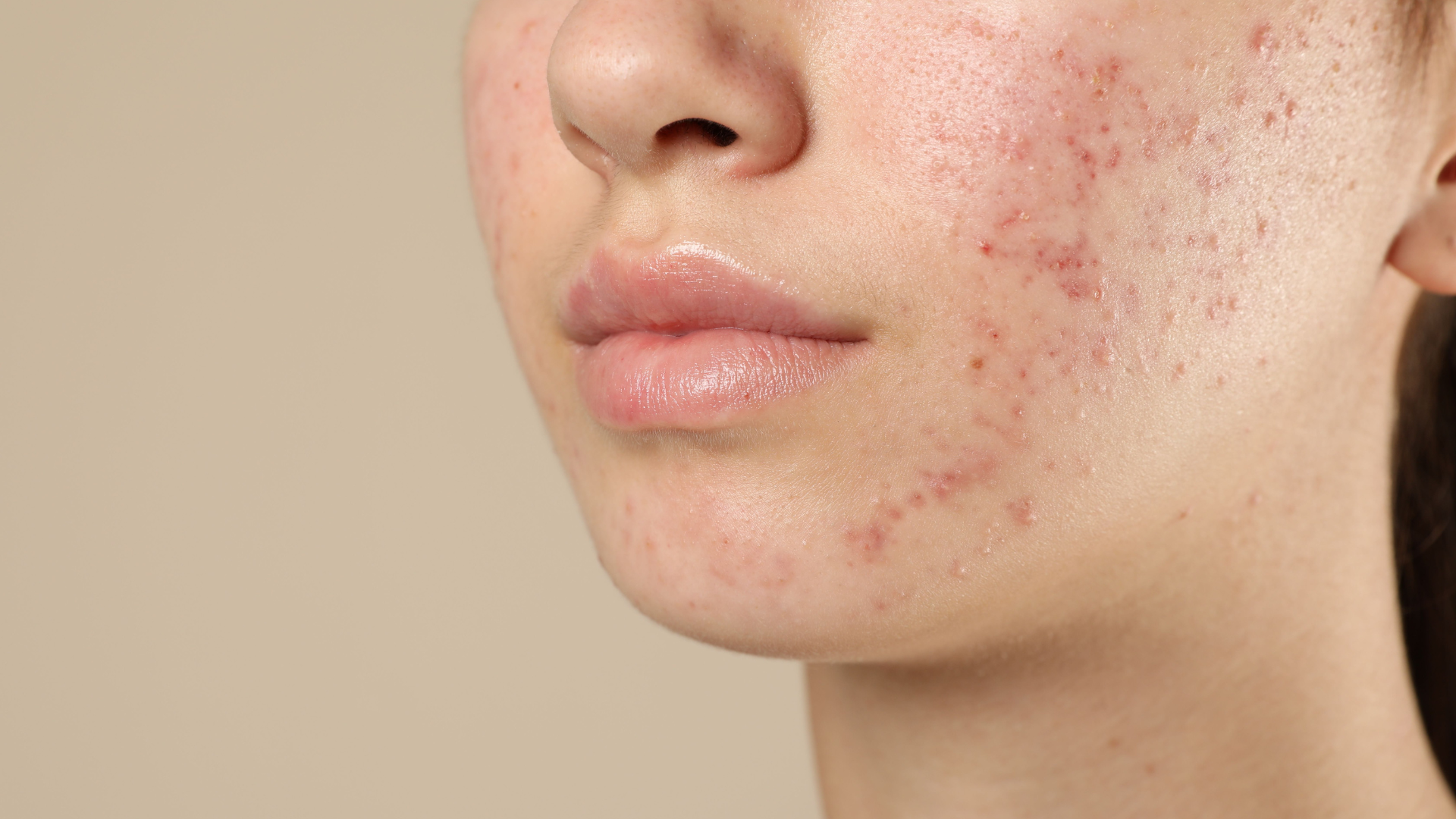Everyday Acne Care: Why Treatment Matters (and Simple Ways to Help)

What is it?
Acne is a skin condition that occurs when hair follicles become clogged with oil and dead skin cells, causing whiteheads, blackheads, or pimples. Acne affects people of all ages, but is most common among teenagers. Acne is unpredictable and can be caused by all sorts of things, like hormones, genetics, diet, lifestyle, and even cosmetics.
Why Treating Your Acne Matters More Than You Think
While acne can fade with time, dermatologists agree it’s worth treating sooner rather than later. Depending on its severity, acne can cause distress and long-term scarring of the skin. The sooner treatments are administered, the better the chances of not having acne-related problems.
1. You can avoid years of breakouts.
Acne isn’t just a teenage problem and can last well into adulthood. Most teenage boys continue to experience acne into their early 20s, while many women see breakouts persist even longer. In fact, about 5% of women still experience acne in their 40s. Early treatment helps shorten that timeline and prevents acne from becoming a long-term concern.
2. You can stop it from getting worse.
Mild acne can easily progress into deeper, more painful breakouts if left untreated. What starts as a few whiteheads or blackheads can develop into inflamed cysts that are harder to manage and more likely to scar. If acne runs in your family—especially the kind that leaves scars—taking preventive steps early can make a major difference.
3. You’ll protect your confidence.
Acne doesn’t just affect your skin—it can affect how you feel about yourself. Studies show that people with more severe acne often experience higher rates of anxiety and depression. Having clearer skin can help restore confidence!
4. You can prevent permanent scarring.
Any form of acne, from small blackheads to deep nodules, can leave scars behind. Once they form, acne scars are often permanent and harder to treat. The best way to avoid them? Treating acne early and consistently before it worsens.
Know Your Acne
Not all acne is the same—and the best results come from knowing what kind you’re dealing with. Here’s what skin experts recommend when it comes to treating breakouts effectively!
Blackheads and Whiteheads:
These surface-level blemishes form when pores become clogged with oil and dead skin cells. Look for treatments that help unclog pores, like those containing adapalene—a gentle retinoid that prevents new blackheads and whiteheads from forming. The best part? You can get it without a prescription.
Cystic and Nodular Acne:
If you’re dealing with deep, painful breakouts, over-the-counter products usually aren’t enough. These types of breakouts need a treatment plan that targets bacteria, inflammation, excess oil, and clogged pores all at once. For that, it’s best to visit a dermatologist for a customized approach.
Unsure About Acne Type?
That’s okay! Acne can look different on everyone. A dermatologist can help identify the cause of your breakouts and guide you toward the most effective treatment.
Tips and Tricks for Everyday Care
1. Keep your skincare routine gentle. Scrubbing, picking, or popping might feel like quick fixes, but they actually irritate the skin and can cause more breakouts. Research shows that gentle care works best for clearer skin in the long run.
2. Stick to oil-free products. Clogged pores are the main reason acne develops, so anything that keeps them clear helps. Choose products labeled oil-free, non-comedogenic, or anything that won’t clog pores. This includes moisturizers, sunscreen, and makeup.
3. Have patience for your skin. Acne doesn’t disappear overnight. While some treatments can reduce redness or swelling quickly, it takes about 6–8 weeks of consistent use to see visible improvement. Stay consistent and allow your skin time to adjust.



Comments